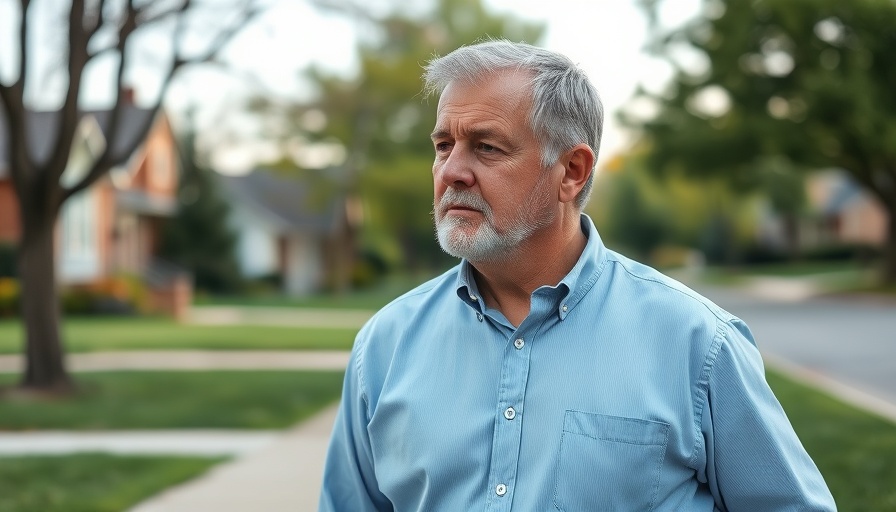
Understanding the Weight of Policing in a Hostile Environment
In a world where trust in law enforcement seems to be diminishing, the emotional toll on police officers grows more concerning. A stark reality emerges in Chicago, where statistics reveal that over the past decade, 53 officers have died by suicide—an alarmingly high figure that reflects the overwhelming pressures faced daily by those who serve. As retired Chicago police sergeant Rick Nigro aptly notes, officers often feel like 'the pariahs of the civil service.'
Emotional Toll and Mental Health Concerns
The notion of policing in a city that is often at odds with law enforcement poses serious emotional risks. Officers in Chicago contend with the scrutiny and alienation from the public, leading to increased mental health struggles. The environment is fraught with stigma regarding seeking help for mental health issues, further exacerbating the situation. The fear of being labeled weak often prevents officers from accessing necessary resources for their mental well-being.
Historical Context: The Changing Role of Police
Historically, police officers were viewed as community protectors, invested in the safety and security of their neighborhoods. However, this perception has shifted dramatically, especially in the wake of high-profile cases of police violence. Social unrest and protests have reshaped the narrative, resulting in police becoming symbols of a system under siege rather than allies of the community. This evolving landscape presents a unique challenge for current and aspiring officers who must navigate their roles amid growing animosity.
Community Relations: Building Bridges or Widening Gaps?
The relationship between the police and the community is more strained than ever. This divide can have profound implications on public safety and officer morale. Community initiatives aimed at fostering dialogue and building trust are essential but must be genuine and sustained efforts. Programs that encourage participation from all sides can create pathways to understanding, offering both the police and residents a shared stake in improving safety and community relations.
Looking Ahead: Future Challenges and Opportunities
As we look to the future, the challenges for police departments in cities like Chicago remain immense. Integrating mental health support systems for officers, improving training on community engagement, and navigating the complexities of public sentiment are just a few of the hurdles authorities must address. Furthermore, as technology continues to evolve, departments must adapt to new tools that can aid in building community trust while also maintaining officer safety.
Your Role in Changing the Narrative
As citizens, your engagement is vital in reshaping the narrative around policing. There is a pressing need for community members to voice their concerns and participate in dialogue with law enforcement. By working together to understand the challenges faced by officers, establishing open lines of communication can lead to better outcomes for both the community and the police. Get involved in local meetings or forums concerning these issues, as your participation may lead to fruitful discussions that foster positive change.
In conclusion, the path forward is fraught with complexity, but with dedication from both police and community members, healing and understanding can pave the way for a safer and more unified Chicago.
 Add Row
Add Row  Add
Add 




Write A Comment